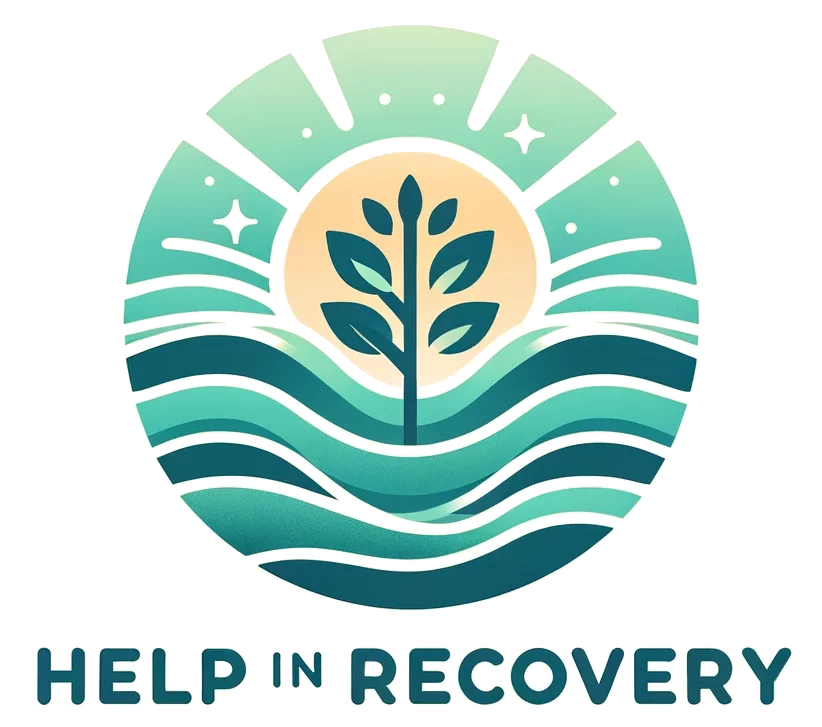What Is Recovery?
Recovery, especially within the contexts of substance use disorder (SUD) and mental health, is a deeply personal and often complex journey. It’s a process beyond mere abstinence from substance use; it encompasses the holistic betterment of an individual’s physical, emotional, and social health. Understanding the stages of recovery is crucial for individuals directly experiencing these challenges and their families, friends, and support networks.
The Transtheoretical Model of Change, developed by Prochaska and DiClemente in the late 1970s, provides a valuable framework for understanding this journey. This model outlines several stages an individual progresses, offering insights into the psychological and behavioural changes encountered. Recognizing that each person’s path to recovery is unique – and not necessarily linear – helps provide the appropriate support and interventions at each stage.
The Transtheoretical Model of Change: An Overview
The Transtheoretical Model of Change (TTM) is a theory of behaviour change that has been applied to various behaviours, including overcoming substance abuse and addiction. It outlines six stages through which individuals typically progress, not always linearly, sometimes cycling through stages multiple times before achieving lasting change. These stages are:
- Pre-contemplation
- Contemplation
- Preparation
- Action
- Maintenance
- Termination
Each stage represents a different readiness to change, with strategies and interventions tailored to the individual’s current stage. This model underscores the importance of personal motivation and readiness in the recovery process, advocating for a compassionate, personalized approach to support.
Stage 1: Pre-contemplation
In the Pre-contemplation stage, individuals do not yet recognize that they have a problem. Denial is a common trait in this stage, where the individual may believe that their substance use is under control or not harmful. This belief often persists despite evidence to the contrary, presented by loved ones or as a result of adverse consequences stemming from their substance use.
Addressing this stage involves raising awareness about the potential harms of continued substance use and gently encouraging the individual to consider the possibility of change. It’s essential to approach individuals in this stage with empathy, avoiding confrontation or judgment that may lead to resistance rather than reflection.
Stage 2: Contemplation
During the Contemplation stage, individuals begin to acknowledge they have a problem and start thinking about making a change. However, ambivalence is common; the desire to change is often counterbalanced by apprehension about the change process. Individuals may remain in this stage for a long time, weighing the pros and cons of their current behaviour versus the effort and impact of changing it.
Supporting someone in this stage involves helping them explore the benefits of change and addressing the fears and uncertainties that hold them back. Motivational interviewing techniques can be particularly effective, facilitating a non-judgmental exploration of the individual’s feelings and thoughts about their substance use and the possibility of recovery.
Stage 3: Preparation
Preparation is the stage where individuals intend to take action in the immediate future. They start to plan change, perhaps by looking into treatment options, discussing their intentions with friends and family, or taking small steps toward behaviour change. This stage is characterized by a commitment to change, even if the individual hasn’t taken significant action yet.
Encouragement and practical support are crucial at this stage. Helping individuals set realistic goals, identifying the available resources, and offering encouragement can bolster their confidence and commitment to moving forward with their recovery journey.
Stage 4: Action
The Action stage is where significant, visible changes occur. Individuals actively participated in recovery efforts, such as treatment programs, counselling, or self-help groups. This stage is marked by a commitment to abstain from substance use and implement strategies learned during recovery to maintain this new behaviour. The action phase is dynamic and involves a lot of effort as individuals work to overcome the behaviours and habits associated with their addiction.
Support at this stage is critical. Encouragement from friends, family, and support groups can reinforce the individual’s commitment to recovery. Additionally, professional guidance helps navigate the challenges and develop coping strategies to deal with triggers and cravings effectively. Celebrating small victories can also be incredibly motivating, reminding the individual of their progress and the benefits of their hard work.
Stage 5: Maintenance
In the maintenance stage, individuals sustain their recovery significantly and focus on preventing relapse. This phase can last indefinitely, as maintaining recovery is a lifelong process. Individuals in maintenance have developed healthier coping mechanisms and lifestyle changes that support their substance-free lives. The emphasis is on integrating these new behaviours into daily life and continuously working to avoid relapse.
Strategies for this stage include ongoing participation in support groups or therapy, engaging in healthy activities that support physical and mental well-being, and staying vigilant to relapse triggers. It’s also a time for individuals to rebuild relationships and work on areas of their lives that were affected by their addiction, such as career and personal development goals.
Relapse: Understanding Its Role in Recovery
Relapse should not be seen as a failure but as a part of the recovery process for many. It’s an opportunity to learn and refine coping strategies. Understanding the circumstances and emotions that led to relapse is crucial for preventing future occurrences. Relapse can serve as a wake-up call, reminding individuals of the need for ongoing vigilance and the importance of their support network.
Recovery plans often include strategies for dealing with relapse, emphasizing the need to reach out for help immediately and adjust recovery strategies as needed. The key is maintaining a non-judgmental, supportive environment where individuals feel safe sharing their experiences and seeking help.
Holistic Recovery: Beyond the Stages
Recovery is more than just overcoming substance use; it’s about building a fulfilling, healthy life. A holistic approach to recovery encompasses physical health, mental well-being, emotional resilience, and social connections. Integrating wellness practices like mindfulness, exercise, and nutrition can support overall health and improve quality of life. Additionally, addressing co-occurring mental health issues through therapy and medication, where appropriate, is crucial.
Engaging in meaningful activities and hobbies, establishing a supportive social network, and contributing to the community can also enhance recovery. These activities provide a sense of purpose and belonging, vital for long-term recovery.
Expert Insights
Incorporating expert insights into the recovery process offers a grounded perspective that can significantly impact those on their journey. Professionals in the field of addiction recovery emphasize the importance of a personalized approach, acknowledging that each individual’s path to recovery is unique. Experts advocate for comprehensive treatment programs that address not only the physical aspects of addiction but also the psychological and social factors.
Dr. John Kelly, a professor of psychiatry at Harvard Medical School and the director of the Recovery Research Institute at Massachusetts General Hospital, stresses the role of evidence-based practices in supporting recovery. These include behavioural therapies, medication-assisted treatment for certain types of addiction, and peer-support programs. Kelly’s research underscores the value of social support networks, including professional services and community groups, in enhancing recovery outcomes.
Another critical insight comes from Dr. Nora Volkow, the director of the National Institute on Drug Abuse (NIDA), who highlights the importance of addressing the stigma associated with addiction. Stigma can be a significant barrier to seeking help, and changing societal perceptions is crucial to improving access to treatment and support. Volkow advocates for an understanding of addiction as a chronic disease, not a moral failing, which aligns with the approach of treating it with the same rigour and compassion as other chronic conditions.
Conclusion: Embracing the Journey
Recovery from substance use disorder is a profound journey of transformation and healing. It’s a path that requires courage, commitment, and continuous effort. By understanding the stages of recovery, individuals can navigate this process with a clearer sense of direction and purpose. The Transtheoretical Model of Change provides a valuable framework for understanding the dynamics of behaviour change, emphasizing the importance of readiness and personal motivation.
It’s crucial to remember that recovery is not a linear process. Setbacks and relapses may occur but do not define the journey or its outcome. Instead, they offer opportunities for learning and growth. Embracing recovery as a lifelong journey allows for a compassionate approach to self-improvement and health.
The road to recovery is paved with challenges but filled with moments of triumph, self-discovery, and profound personal growth. It requires a supportive network, a commitment to change, and the resilience to face setbacks with determination. Recovery is possible, and for many, it leads to a fulfilling, substance-free life.
By embracing the journey, fostering a supportive community, and utilizing the resources available, individuals can navigate the stages of recovery and move towards a brighter, healthier future.
What is Recovery FAQs
Q: Can relapse be prevented?
A: While relapse is common, it can often be managed and prevented with the right strategies, including ongoing support, coping mechanisms, and awareness of triggers.
Q: How long does recovery take?
A: Recovery is a personal journey that varies from one individual to another. It’s best viewed as a lifelong process of maintaining health and well-being.
Q: Are there resources available for families of those in recovery?
A: Many organizations and support groups offer resources and support specifically for families and loved ones of individuals in recovery.







